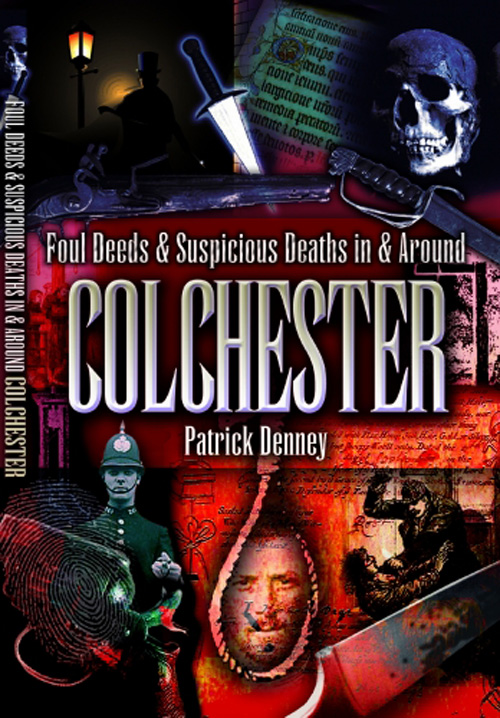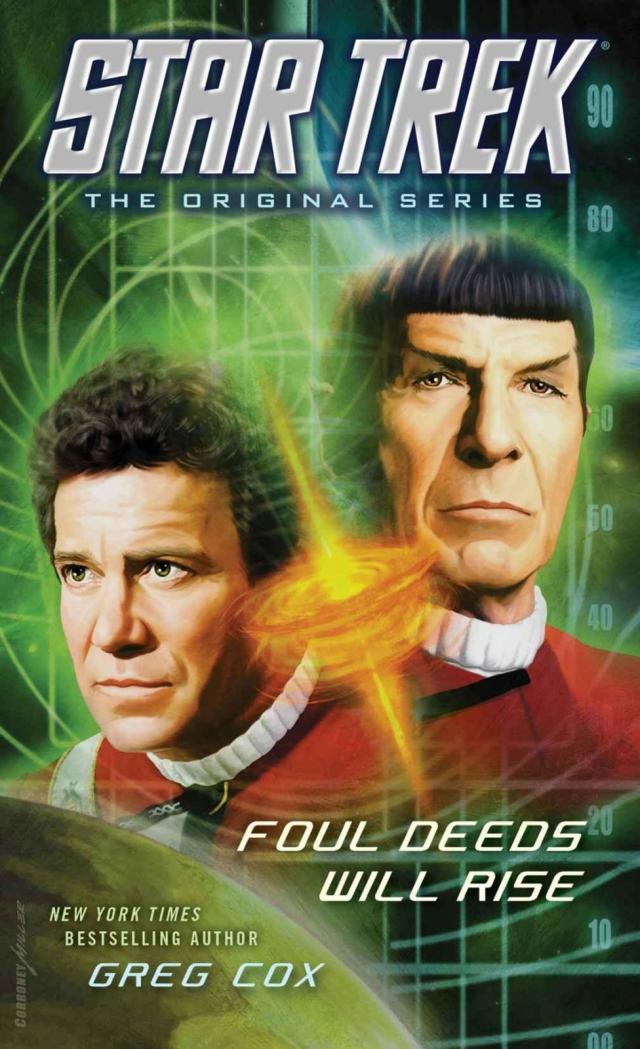

The observational mode is evident in those moments when walking is a means to an end, something that links scenes together, or provides a space for narrators to describe the landscape, the events, other characters etc. Literary descriptions of pedestrianism occupy a position somewhere on the line between observational and experiential. In previous posts, I talked about the walking continuum which pertains to the different ways we experience ‘walking’ in literature. Harold Bloom calls it a play of “contamination” (1999: 524), and Macbeth is, right here, right now, a play for our time and for all time. The Walking Forest in Kurosawa’s Throne of Blood


Bent on turning the tide of mistrust, the mad King’s nemeses, gathered behind their own illusions and fabrications of reality, finally end his reign of terror, but not before his guilt and his ineptitude have turned those against him who previously thought him untouchable. And all this presided over by a tyrant whose hubris, faith in mad science and superstition blind him to the truth, who hunkers down in his castle with a wife obsessed with washing her hands, and who sends out his acolytes to execute his maleficent deeds so that he may keep his own hands clean whilst claiming to be on the side of God. It pits friend against friend and reduces the rest to a cabal of whisperers whose mouth-honour is as transparent as the ghosts of those slain by their inaction. It is the massaging of the truth, the hiding behind status and power in order to achieve one’s aims. It is a sickness brought about by corruption, the stink of ambition, duplicity, and equivocation. Not COVID-19, but a lethal, virulent infection, nevertheless. If ever there was a headline to go with this blog, it was this one.

“Scots most likely to take more walks during lockdown” (TFN News, the Voice of Scotland’s Third Sector). However, as I was looking through the search results to provide some context to this blog on walking in Macbeth, I alighted upon this one: And now we are even being advised on “How to walk responsibly after the lockdown” (by Cheshire Life, apparently).
#Foul whisperings are abroad unnatural deeds free
It’s providing opportunities to escape the Lockdown Locomotion, that queue of masked zombies edging along toward the mouths of supermarkets or given us an excuse to free ourselves from the Videodrome of Teams and Zoom where we stare blankly at the wall beyond a screen and hope that no-one has noticed that we have lapsed into unconsciousness. It’s become an act of transgression, rebellion, a deviation from the norm (looked down on by the Mobility Police), and this once everyday practice is now bound up with questions such as “how long am I allowed to walk”, “can I walk with a friend?”, or even “Should I go for a walk during lockdown” at all?ĭespite these anxieties, we’re all now celebrating the opportunity to walk at any time, in any place, and anyhow. And so now people are asking questions like “Can I drive to the countryside for a walk during lockdown?” (The Gainsborough Standard). But lately we’ve all (because we’ve had to) invested more time in putting one foot in front of another. Walking used to be something we just ‘did’ a functional necessity to get from home to work, or home to bus-stop, or home to car, or, heck, from the lounge to the toilet. “The coronavirus lockdown has changed my relationship to walking” says journalist Cazz Blase, for whom this new delight in perambulation is aided by the reduction in traffic. Now, I may be on to something here, because everyone is talking about walking.


 0 kommentar(er)
0 kommentar(er)
